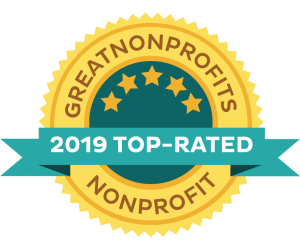Self-esteem is the way we feel about ourselves. People with high self-esteem feel confident in their thoughts and actions while those with low self-esteem may continuously doubt themselves. People with low self-esteem may also experience difficulty in feeling comfortable with their self-worth (e.g., “I’m too dumb,” “I’m fat,” “I wish I were more outgoing”). They may also have difficulty identifying their strengths. Various experiences, including bullying and peer pressure, may make it more difficult for children and adolescents to feel confident.
Warning Signs of Self-Esteem Issues:
- Depressed mood
- Withdrawal from friends and activities of interest
- Making self-deprecating remarks
- Unwillingness to try new activities, especially in social situations
- Giving-up easily
Treatment Options:
Treatment for low self-esteem involves a positive and strengths-based approach. Outreach counselors help children and adolescents identify their interests and strengths. Additionally, some negative thoughts may be distorted and exaggerated. Therapists can help individuals identify and challenge these thoughts. These techniques can help children and adolescents develop a more balanced view of themselves and others (i.e., everyone has strengths and weaknesses).




Connect With Outreach!